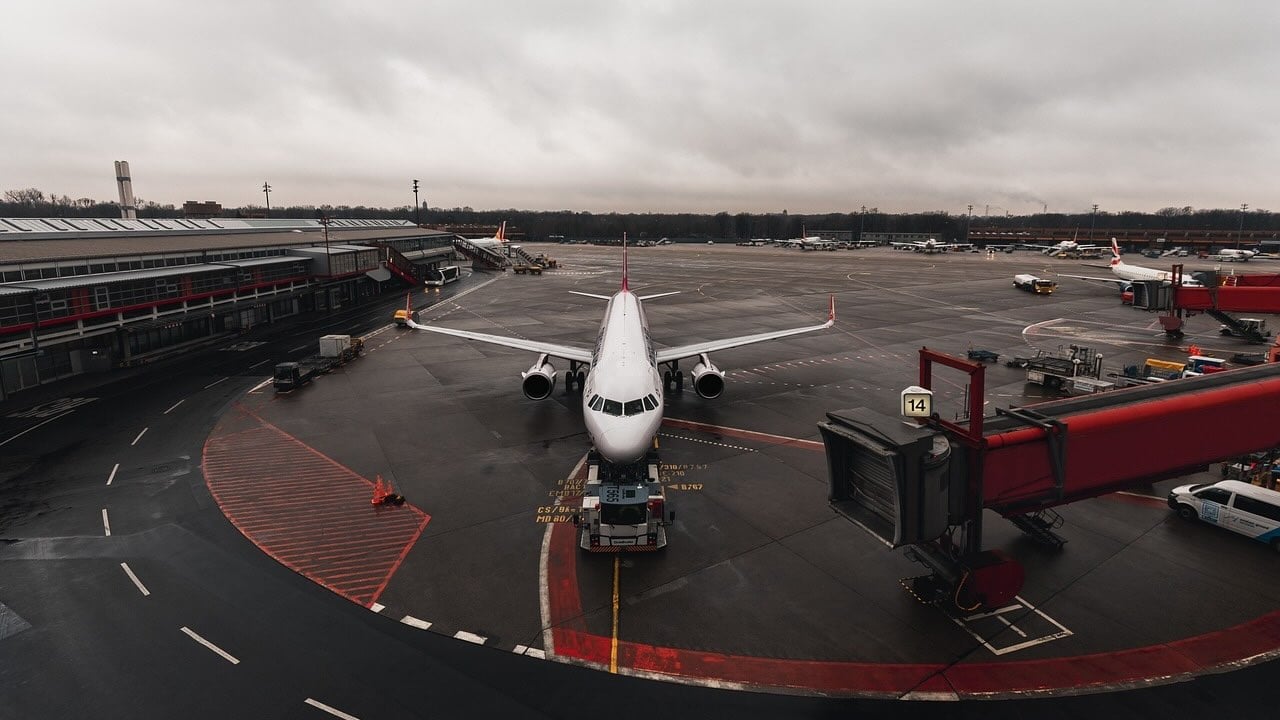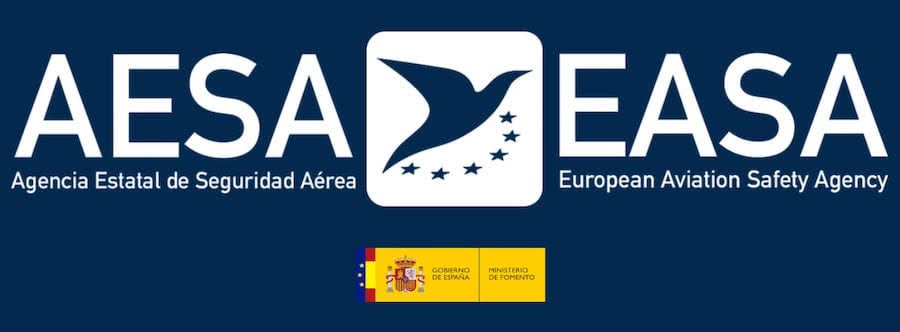The airport meteorological office plays a pivotal role, issuing reports on potential adverse weather conditions and timing. Following these reports, the operations office alerts all relevant parties.
- In scenarios where runways and taxiways are damp but not yet icy, both solid and liquid deicers are applied to prevent snow and ice from bonding to the asphalt, facilitating removal.
- If ice or snow is already present, the deicer acts as a melting agent, allowing mechanical means, such as ploughs, to remove it efficiently.
- In extreme situations, assistance from the airport’s emergency services may also be solicited.
- For runways, it’s crucial to report the friction coefficient to inform flight crews for calculating necessary takeoff and landing distances.
AENA’s training programmes include personnel from various sectors: AENA staff, State Meteorological Agency workers, handling agents, airline representatives, and air traffic controllers. It’s imperative that all parties involved are well-versed in these special operations to avoid potential incidents.




